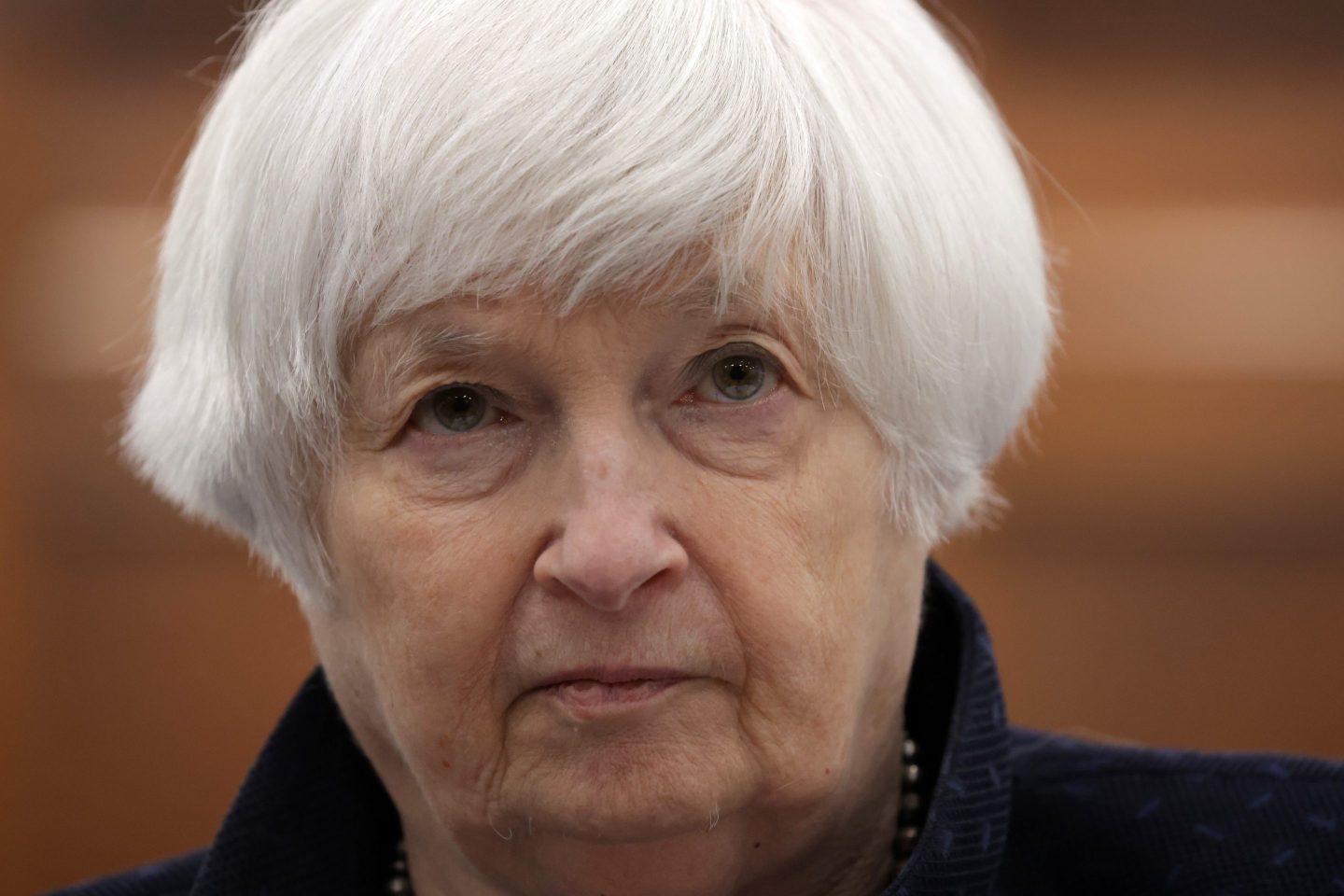New SEC rules went into effect on Monday to permit any company, no matter how large, to file paperwork for an initial public offering without immediately disclosing the fact to the public.
The stealth filing option, which is already available to firms with under $1 billion in revenue, is intended to let companies work out kinks in the registration process out of the public eye.
The new rules also provide companies with the option of withdrawing the filing altogether in the event of a market downturn or other hiccup. This a benefit because an IPO filing—known as an S-1—contains a trove of financial and corporate information that is of interest to competitors.
Companies that choose to go ahead with the public offering after the filing must, of course, disclose the S-1 eventually. But under the new rules, they only have to do so 15 days before their so-called “roadshow”—a tour where they make presentations to investors.
Get Data Sheet, Fortune’s technology newsletter.
The confidential filing option has proved popular since it was introduced under a 2012 law called Jumpsart Our Small Business, or the “JOBS Act.” According to a scholarly paper, 126 of 294 eligible companies—including prominent names like Snapchat, Twitter, and Shake Shack—opted for the quiet method.
The goal of the confidential filing provision, which had support from both parties and from President Obama, was to increase the number of IPOs, which have fallen significantly from a decade ago.
But according to a recent New York Times report, some experts feel the stealth rules have had little impact on whether or not companies decide to go public. They argue instead the decline in IPOs is related to the growing number of mergers and acquisitions and to ability of companies—most prominently Uber—to raise capital by turning to multiple rounds of venture funding.











